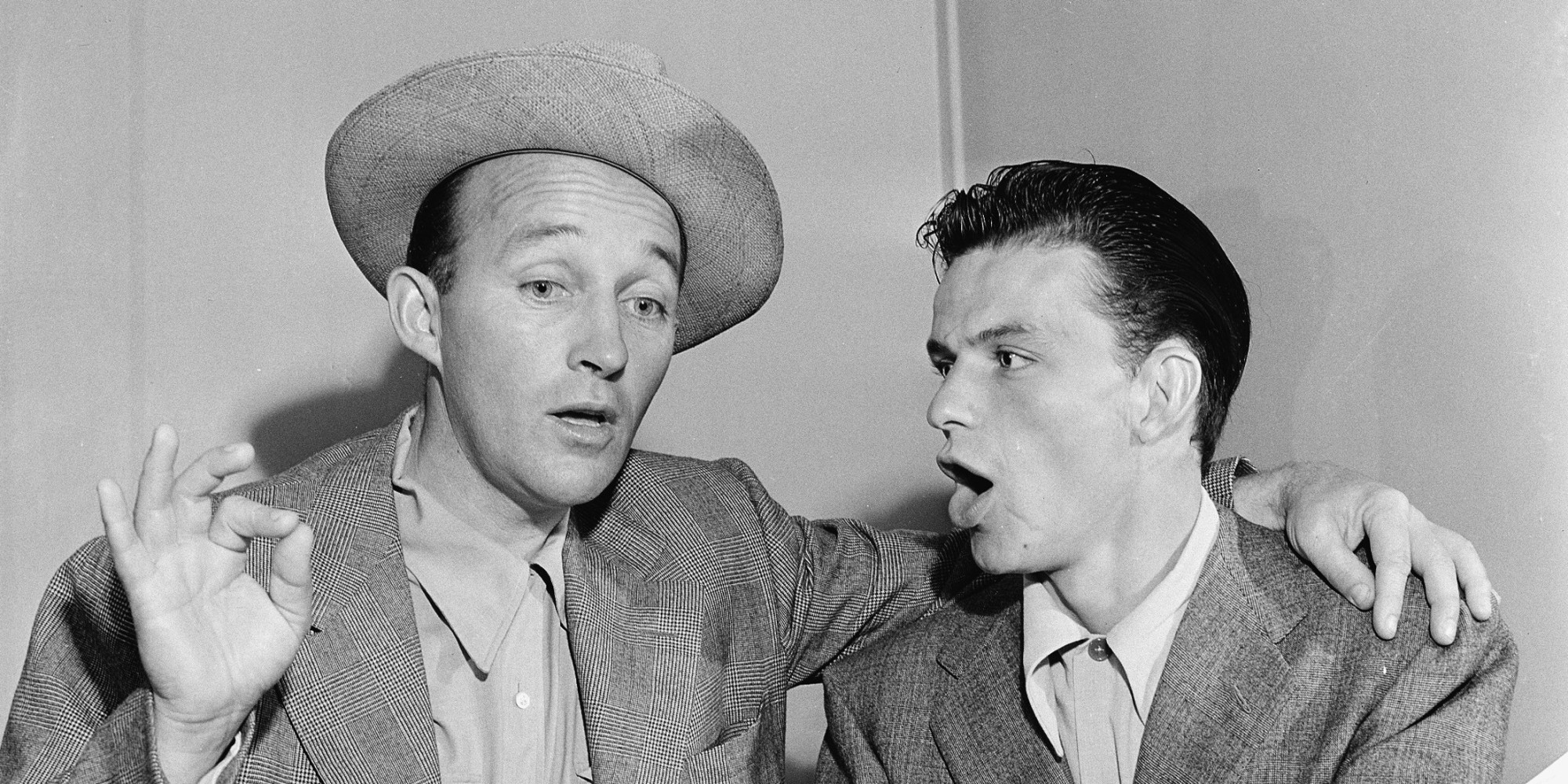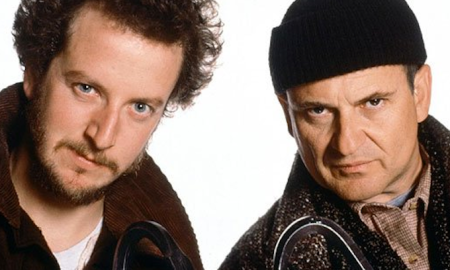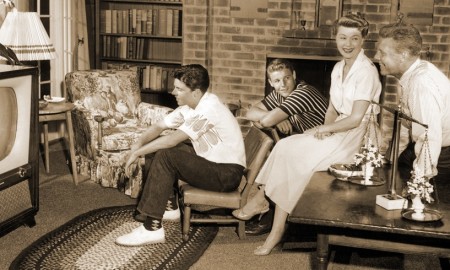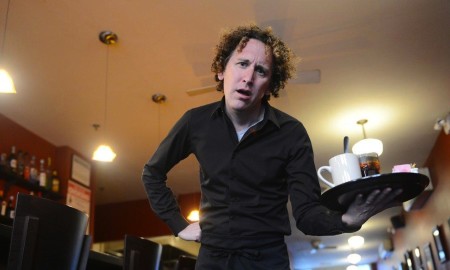

The task is overwhelming and can lead to the type of overload that makes you want to rip open a bag of Kit Kats and do some heavy reps on your Netflix list.
Personal trainers — which one do we choose? The answer often seems easily complicated: pick the hottest-looking one, or the one who seems the most fit. Any lunkhead will do?
Hell to the no, says trainer Kevin Kreider. The model and Philly native took all of his own personal experiences, mistakes, misfires, success stories, and career lessons and supercharged them into one handy book, Personal Trainer Confidential: 5 Mistakes To Avoid When Choosing Your Trainer.

Boiling it down to five mistakes acutally opens up the entire gamut. A good many trainers, for instance, may be great at what they do, but are bad businesspeople, and not good about returning calls or emails. Others may not have the motivation to motivate you, or simply may not feed off your vibe.
Here, we ask Kevin to give us a taste of how to shop for a trainer, but more importantly, how not to shop for a trainer.
Looks like we can file this under “News We Can Use.”
That’s the reason I wrote the book. I was watching trainers for ten years, either who were very unqualified or who didn’t have anything interesting to bring.
I guess we all get dazzled by a good body, thinking, if they can look like that, I can look like that.
The personal training industry is the only industry where if you look the part, you can do it all. But each client is an individual, a different story, and you have to be patient with them.
Don’t pick the hot trainer: that’s the double-edged sword. They obviously know what they are doing themselves, and they look great. A lot of people don’t understand that if you hire somebody who looks like they are on Baywatch, you have to find out if they can train normal people, for instance, people who just want to lose weight.
The cream still rises to the top, though, doesn’t it?
What I do see happening is that the best personal trainers are going to get all the work.
Does that include those who offer training online?
The problem I see with online coaching is that trainers often give out the same PDF form [application/questionnaire]. If somebody wants to gain muscle or lose weight, it’s the same workout for everybody. They don’t individualize it. That’s the one problem I see with it.
Does the training session always have to be in person?
I’m trying to take all my business online. I think it’s good, but I think there will always be a need for that personal aspect of personal training. People need trainers to be hands-on.
The main goal that I have is to create an ongoing relationship. I hope that the clients get what they want and meet their goals, and maybe we don’t have to have as many training sessions. Maybe you just come to me every other week for a tuneup. It’s like a car. You invest a lot of time and energy and you have to tune it up after a while.

Is the ability to motivate clients one of the personal trainers’ biggest challenges?
People who just want to train just to look good — half the time, it’s not sustainable. Motivation is the huge challenge that personal trainers have today. They know how to train people but they don’t know how to motivate people. I do believe that there are great personal trainers out there who can train people but they just can’t motivate them.
You really have to find out what makes the other person tick. The reasons why I personal train and weight train are different from somebody else’s.
One of my clients wants to do it for athletic reasons. He plays hockey. So I train him like an athlete. The more he trains, the better he does in his game, and the more he wants to keep doing it. So I found something that motivates him and keeps him coming.
People lose track sometimes if they don’t see results right away or they stop seeing the point in doing it. But the point is to actually start doing it first. It takes an ongoing relationship. You are not going to see results right away, but long-term, you start seeing results. People don’t realize that it took me ten or eleven years to create the body that I have right now.
Good chemistry — a connection — between a trainer and a client is probably equally important.
Clients have to like what you are doing [as a trainer]. They have to like what you are about. They have to like what you bring, and how you bring it. I give a little bit of tough love to my clients. That’s just my way of doing it. Talking to them like a baby, that’s not really my style. That’s why I may not always be the best personal trainer for some people. But I try to tell them that right off the bat: ‘Hey, man, this is how I am. I’m a bit tough. If I’m too much, let me know. I may not be the right trainer for you.’
I’m pretty honest when it comes to that. Even a girl may feel unconfident because you [as a personal trainer] may look too good. Or a guy could. They have to feel somewhat comfortable.
The advice for losing weight is so simple and practical, and yet it’s the most difficult thing in the world for most people. Why is that?
I think it’s because there are all kinds of temptations out there. I need to know why they really want to lose weight. For instance, if you just have a simple goal of wanting to lose weight and look good, that’s a start. The problem is, that person may have more goals afterwards.
 We live in a society where most people are comfortable with their lives. They often may not be fat, but just not as in shape as they want to be.
We live in a society where most people are comfortable with their lives. They often may not be fat, but just not as in shape as they want to be.
To look at somebody and say, ‘I want to look like that,’ that’s not enough reason. A lot of times, I think the motivation is driven through envy or jealousy. The reason should always be for good, personal reasons: for yourself, wanting to look and feel more confident or to accomplish goals.
Does it seem like everybody is going a little supplement crazy lately?
I think there is a danger in taking a ton of supplements. We are seeing a supplement-crazed industry. Think of the word: it is supposed to supplement your diet. If I get off all my supplements, I am pretty much going to look almost the same.
I would only recommend a protein powder if somebody is having a hard time getting protein into their diet or if they are on the go all the time. But I always recommend that people get their protein and carbohydrates from real food, not supplements. If you use too much of anything, food even, it’s not good for you. A little bit, in moderation, great. Too much, for too long, is not good.
Not to sound pessimistic, but ultimately, is it a losing battle?
A client’s satisfaction is why I get into it. But in all honestly, it’s more common for people to stay the same then to get results because there is only so much a personal trainer can do without the other person doing the work. If you don’t do the work, you are not going to get the results, no matter what kind of personal trainer you get.
As a personal trainer yourself, what have you learned from writing this book?
The reason I wrote this book is because I made mistakes myself. To become a better personal trainer, I opened myself up to learning things, from masters and from other people in the field.
A lot of egos are driven in this field. In personal training, a lot of people are stuck in their ways and they don’t realize that it’s the old ways that are hurting people now. This book exposes those old mistakes that people make when they start personal training or hire their personal trainer. All of this is from great experiences that I’ve had with both my clients and with other trainers in the past.
Photo credit: Michael Becker
Find out more about Kevin here.
Check out Kevin’s book here.











